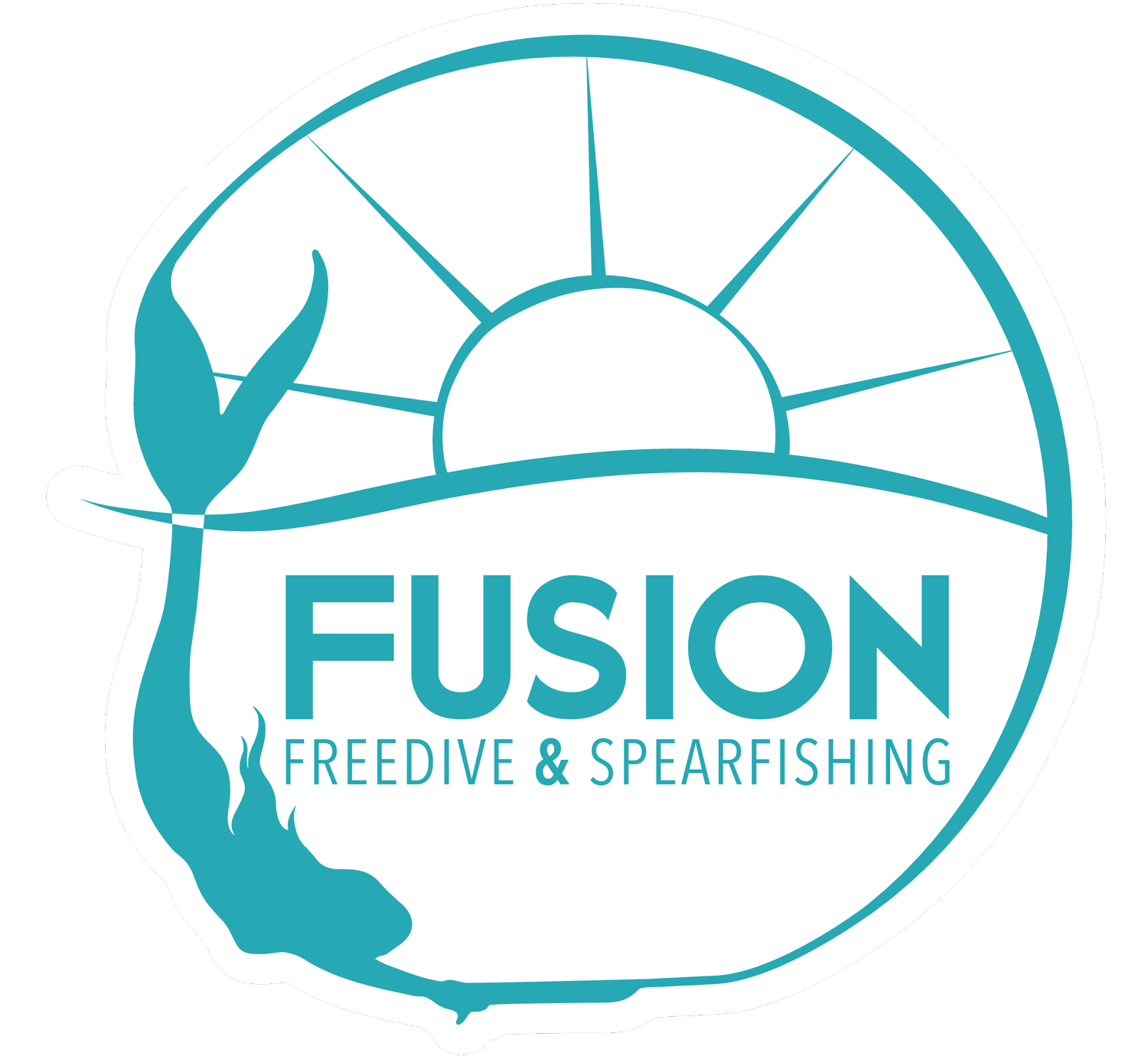Definition of Freediving, The Art of Discovering Paradise
Are you ready to dive into a world of serenity and freedom? Freediving, the art of exploring the underwater world without the use of breathing apparatus, offers a truly unique and exhilarating experience. Whether you're a novice or an experienced diver, this captivating activity allows you to connect with nature in a way like never before. Discover the secrets hiding beneath the surface as you immerse yourself in the tranquil depths. In this blog section, we will delve into the mesmerizing world of freediving, exploring its benefits, techniques, and incredible encounters with marine life. Get ready to embark on a journey of discovery and unlock the mysteries that lie beneath the waves.
The Art of Freediving
Freediving is a form of underwater diving that relies on breath-holding rather than the use of breathing apparatus. This ancient practice dates back thousands of years and has been utilized for numerous purposes such as spearfishing, gathering pearls, and exploring underwater caves. Engaging in freediving requires a high level of physical fitness, mental focus, and proper training to safely explore the depths of the ocean. One of the key aspects of freediving is learning how to control your breath and relax your body, enabling you to conserve oxygen and increase dive times.
History and evolution of freediving
Freediving has a rich history that spans centuries, with indigenous people from all over the world relying on this practice for survival and sustenance. In modern times, freediving has evolved into a popular recreational activity and competitive sport. As this discipline has gained popularity, significant advancements in equipment, safety protocols, and training techniques have been made to ensure the safety and success of divers. Renowned freedivers such as Jacques Mayol and Umberto Pelizzari have played a pivotal role in pushing the boundaries of human capability in this awe-inspiring sport, inspiring generations of divers to explore the depths of the ocean.
Different disciplines of freediving
There are several disciplines within the sport of freediving, each with its own unique challenges and objectives. One such discipline is static apnea, which involves holding your breath while floating face-down in a pool for as long as possible without moving or swimming. This discipline requires immense mental focus and relaxation, as well as the ability to efficiently use the oxygen in your lungs. Another discipline is dynamic apnea, which measures how far a diver can swim underwater on a single breath, either with the aid of fins or without them. This discipline tests not only a diver's lung capacity but also their swimming technique and efficiency. Lastly, depth diving is a discipline that focuses on descending to great depths using only one's own lung capacity before returning to the surface. This discipline demands exceptional physical and mental strength, as well as meticulous planning and execution. Each discipline offers its own set of challenges and rewards, allowing freedivers to continuously push their limits and discover the serenity and freedom of the underwater world.
Training and Techniques
Freediving requires specific training and techniques to enhance your ability to explore the underwater world. One important aspect of freediving is mastering breath-holding exercises to improve lung capacity and prolong your dive time. By practicing different breath-holding techniques, such as diaphragmatic breathing and exhale dives, you can train your body to become more efficient at utilizing oxygen. Additionally, equalization techniques play a crucial role in freediving, allowing you to dive deeper by equalizing the pressure in your ears and sinuses. Techniques like the Valsalva maneuver and frenzel maneuver can help you equalize effectively and prevent discomfort or injury. To become a skilled freediver, it is essential to practice various techniques such as finning, body positioning, and relaxation methods. These techniques not only improve your efficiency and control in the water but also enhance your overall diving experience. With consistent practice and dedication, you can unlock the full potential of your body and mind, enabling you to fully immerse yourself in the serene and freedom of the underwater world.
Breath-holding exercises and increasing lung capacity
Practicing breath-holding exercises regularly can help increase your lung capacity over time. By gradually pushing your limits through progressive training, you can surpass your initial breath-holding capabilities and achieve longer durations underwater. Breath-hold static apnea training involves holding your breath for extended periods while monitoring oxygen levels and carbon dioxide buildup. This type of training helps you develop mental focus and relaxation, as well as the ability to efficiently use the oxygen in your lungs. Dynamic apnea drills, which include underwater swimming or distance swimming without breathing, can also improve lung efficiency and overall breath-hold capabilities. With consistent practice and dedication, you can enhance your ability to explore the underwater world and fully experience the serenity and freedom it offers.
Equalization techniques for diving deeper
Equalization is a crucial aspect of freediving, as it plays a significant role in preventing barotrauma and discomfort during descent into deeper waters. The most commonly used equalization technique among freedivers is the Valsalva maneuver, which involves gently blowing air against a pinched nostril while closing the mouth to equalize the pressure in the ears. This simple yet effective technique allows divers to equalize the pressure in their ears and sinuses, enabling them to explore greater depths with ease. However, for more advanced dives beyond 30 meters, other equalization methods such as the Frenzel maneuver or the Mouthfill technique may be used. Mastering these advanced equalization techniques not only enhances a diver's ability to dive deeper but also minimizes the risks of injury or discomfort. With proper training and practice, freedivers can explore the breathtaking underwater world with confidence and serenity.




